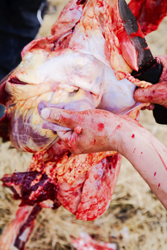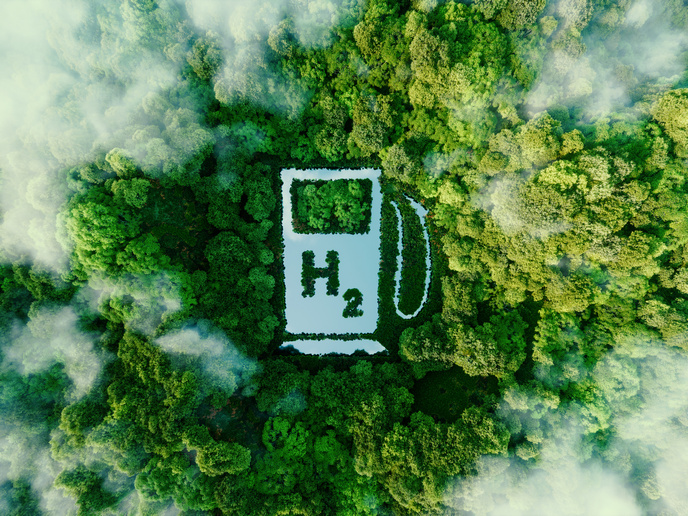Animal waste transformed into plastics
Plastics such as polypropylene (PP) or polyethylene (PE) pose an environmental hazard as they elevate the atmospheric carbon dioxide (CO2) concentration during incineration. Ecological considerations therefore necessitate the replacement of these materials with bio-based alternatives like polyhydroxyalkanoates (PHAs). PHAs constitute a family of biodegradable and biocompatible polyesters with a wide spectrum of potential applications ranging from simple packaging to medical and pharmaceutical materials. Investigators of the EU-funded ANIMPOL(opens in new window) project wished to synthesise PHAs from animal waste derived from slaughterhouses. ANIMPOL had to consider the high cost of PHA production compared to petrochemically produced plastics while avoiding the use of nutritionally important materials to mankind. Given the limitations of current technologies, the consortium selected saturated fat of porcine, bovine and avian origin. These would be exploited to produce fatty acid methyl esters (FAMEs) that can be used as liquid fuel (biodiesel). A variety of animal waste materials were also used as a carbon source for various microbial PHA producers. The fermentation reaction conditions were extensively investigated to maximise production yield. Experiments were converted into mathematical models to predict the different types of fermentation performed by the two chosen bacterial species (Cupriavidus necator and Pseudomonas chlororaphis) on different substrates. Significant optimisation was also performed with respect to the PHA recovery techniques. The overall streamline process of PHA production from slaughterhouse animal waste was verified to be cost effective, environmentally safe and efficient. Given the public demand for the plastics market to turn to 'green' alternatives, the ANIMPOL approach constitutes a viable strategy for producing biodegradable polymers.







